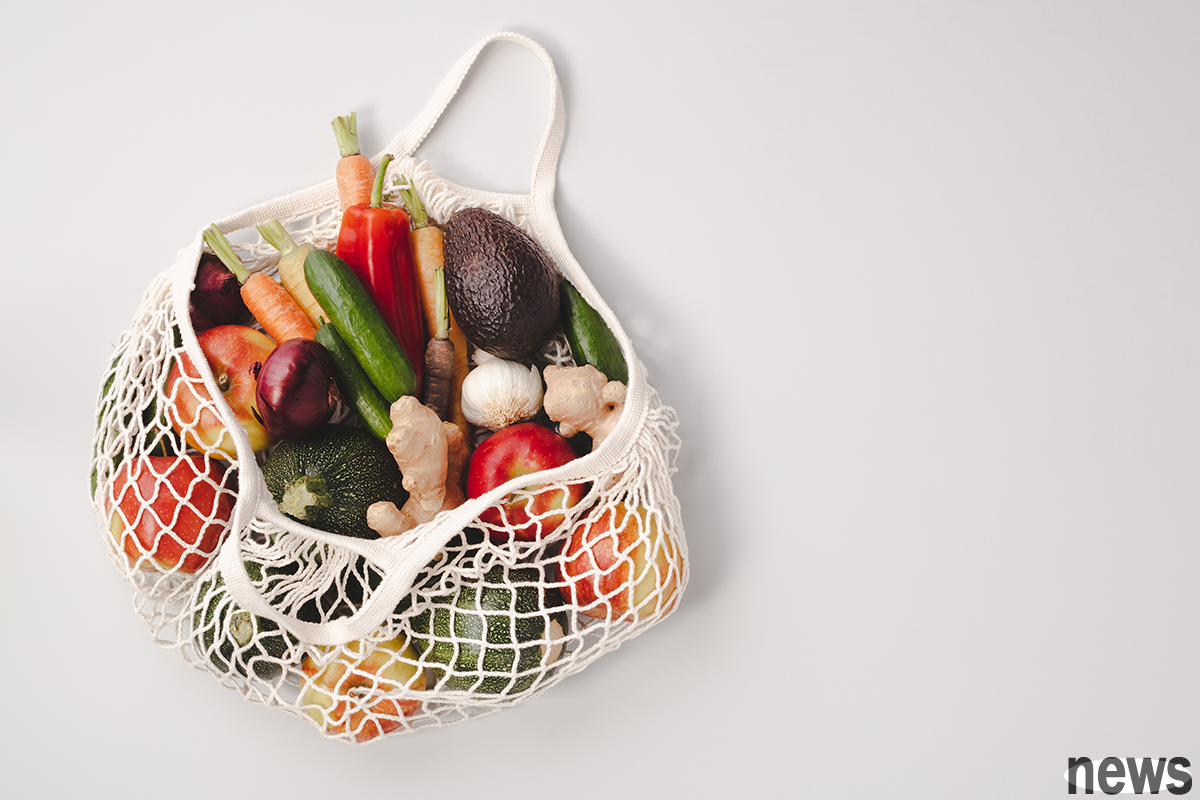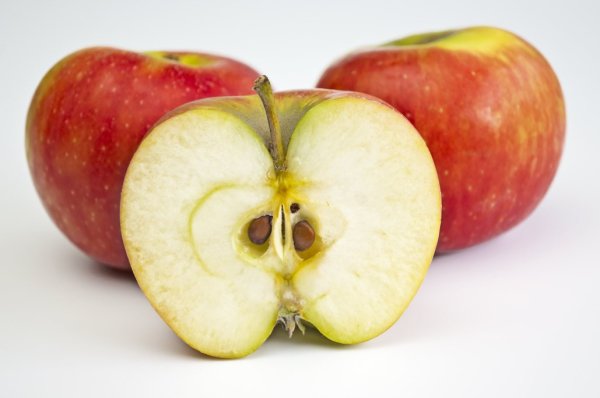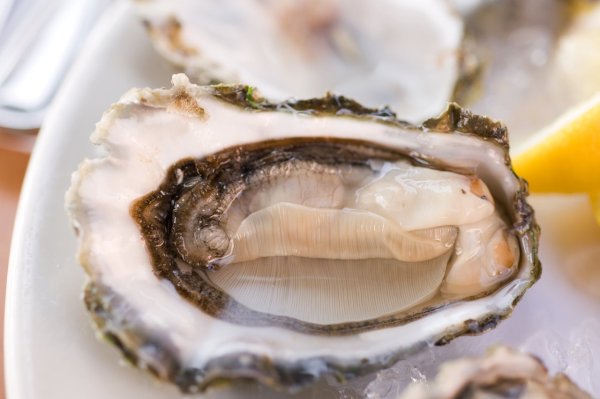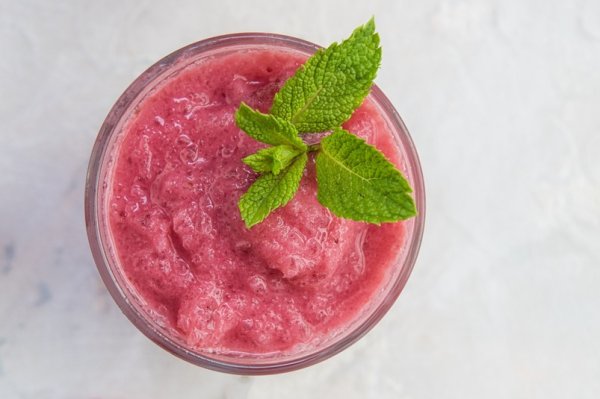Are organic fruits and vegetables healthier and can reduce the cancer rate? Professor: It s a myth

Facial friend Mr. Lin sent an article on July 24, hoping that I can check its authenticity. This article was published on HEHO website on 2018-10-25, and the title is: It makes sense to be expensive! International journals point out that eating more organic fruits and vegetables reduces the chance of cancer by 25%! . It says:
【In order to avoid eating agricultural medicine or other harmful substances, some people will choose to buy "organic food", hoping to have a higher price to help their physical health and health! So, is it really healthier to spend extra money to eat organic food often? The latest research affirms this idea, and the study found that people who eat organic food frequently have a 25% lower risk of cancer than those who rarely eat organic food. The study, published in the journal JAMA, is a conclusion derived from nearly 70,000 question papers. Principal researcher Julia Baudry said that even though factors such as social population, social economy and lifestyle, as well as family history of cancer, the conclusion that "eating organic fruits and vegetables reduces the rate of cancer" is still valid. 】Before I discuss this article, I want to let readers know that shortly after I set up this website in March 2016, I published 4 articles about "organic" and two months later I published another one. These 5 articles are:
The use of multiple chemicals in organic farming
Is the farm market really organic?
Is organic food more nutritious? The study mentioned in the article HEHO was the Association of Frequency of Organic Food Consumption With Cancer Risk: Findings From the NutriNet-Santé Prospective Cohort Study (the association of organic food extraction frequency and cancer risk: from NutriNet-Santé The results of prospective team studies), and its conclusion is that the more frequent people eat organic food, the lower the risk of cancer. But in fact, the content of this article shows that this correlation only exists in breast cancer and lymphoma, but not in other cancers (abundance cancer, brain cancer, skin cancer).
This paper also says that its research results are contrary to a larger study (10 times the number of people). This previous study was published in 2014, titled Organic food consumption and the incident of cancer in a large prospective study of women in the United Kingdom, and its conclusion is that organic food intake has nothing to do with cancer risks, including breast cancer. The article cited in that article was published in the American Medical Association journal JAMA, and in fact, JAMA invited experts to write a comment on that article. The title of this review is Organic Foods for Cancer Prevention-Worth the Investment? (Organic food prevents cancer — — Is it worth investing?), and it ends up saying: "While the relationship between cancer risk and organic food intake is still uncertain, there are compelling evidence that improving other factors, such as weight, physical activity and diet, can reduce cancer. Risk. For overall health, current evidence suggests that eating traditionally grown agricultural products may be more beneficial than the risks that can be brought by contact with agriculture. Discomforts about agricultural risks should not prevent the intake of traditional fruits and vegetables, especially because organic products are often expensive and cannot be obtained by many people. Although more research is needed to examine the prevention of organic foods in cancer However, the current suggestion should continue to focus on changing risk factors that are supported by evidence and encourage healthy dietary patterns, including increasing the intake of fruits and vegetables, whether traditional or organic. " (Note: "Traditional" means "non-organic")
From this paragraph, experts' opinions are: (1) Cancer risk and organic diet The relationship between product intake is still uncertain, (2) There are compelling evidence that improving other factors, such as weight, physical activity and diet can reduce cancer risks, (3) Organic products are usually expensive and not affordable for everyone, and (4) Healthy eating patterns should be encouraged, including increasing fruit and vegetable intake, whether traditional or organic.
The author of this expert review is Dr. Frank Hu, the head of the Department of Nutrition at Harvard University's School of Public Health. However, it is very irritating that HEHO's article actually quoted Frank Hu to support what it said, "It makes sense that organic fruits and vegetables reduce the chance of cancer." In fact, Harvard University Public Health School published Can eating organic foods cut cancer risk? (Can eating organic food reduce cancer risk?), pointing out that "organic food can reduce cancer risk" is insufficient..
Researchers in the Department of Nutrition at Harvard University published a research paper Intake of fruits and vegetables by pesticide residue status in relation to cancer risk last month (2021-7-10), and its conclusion is that the amount of agricultural medicines exposed to traditionally planted fruits and vegetables is irrelevant to cancer risk. This article also specifically mentions the research cited in HEHO's article, pointing out that it has many experimental flaws, so that the conclusion that the "organic food can reduce cancer risks" it has achieved is unreliable.
In short, although "organic healthier" is deeply rooted in people's hearts and the media also likes to cooperate with performances and even encourage them, this concept is still just a myth based on current scientific evidence.
Original text: Does it make sense? Do organic fruits and vegetables reduce the chance of cancer?














